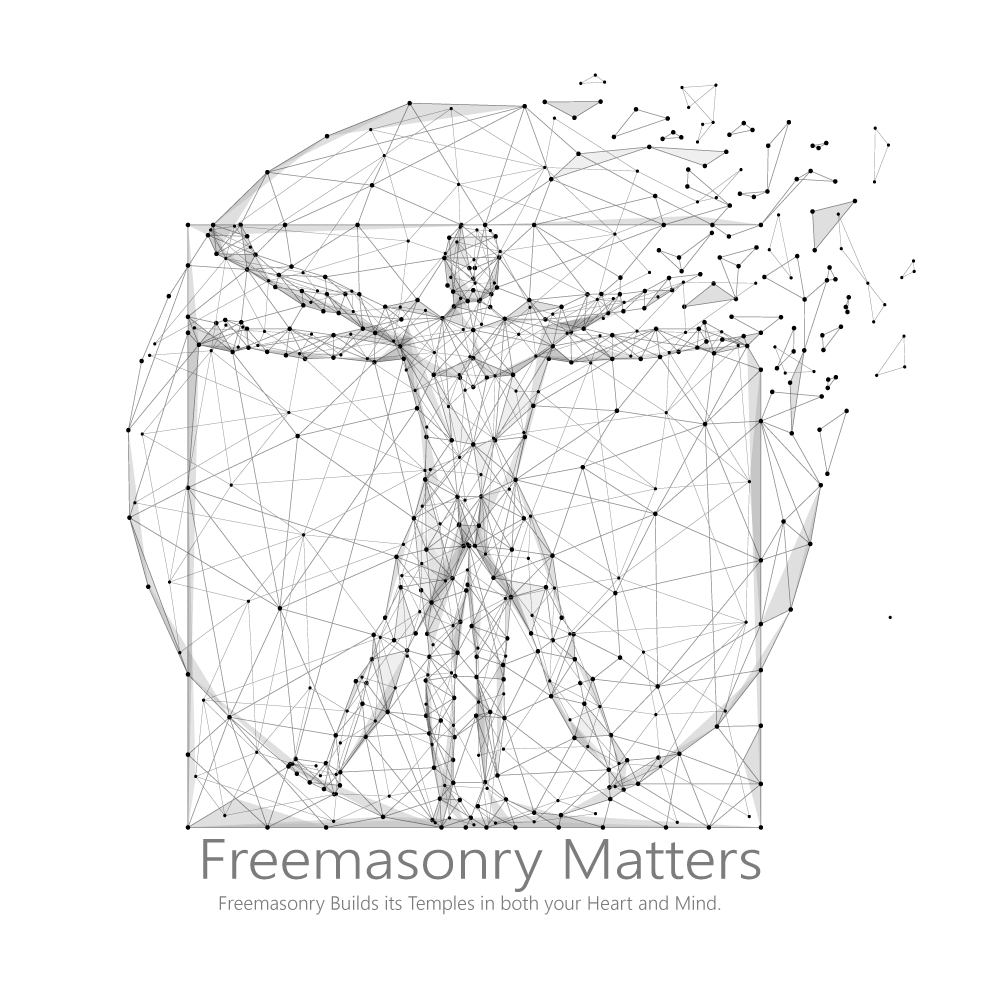It is fair to say – public perceptions have changed, but misconceptions about Freemasons still exist
- Secret Society: One of the most widespread misconceptions is that Freemasonry is a secret society with hidden agendas. In reality, it is a society with secrets, meaning that certain aspects of its rituals and symbols are kept private to preserve their impact and significance. However, Masonic lodges are open to the public, and members openly identify themselves as Freemasons.
- Conspiracy Theories: Freemasonry has been the subject of numerous conspiracy theories, often associating it with world domination, control, or malevolent influence. These theories range from the Illuminati to claims of Masonic involvement in historical events. In truth, Freemasonry is a fraternal organization focused on personal development, charity, and fellowship.
- Influence Over World Affairs: Some believe that Freemasons secretly manipulate global events. While prominent historical figures have been Freemasons, attributing all world events to their influence oversimplifies complex historical processes. Freemasonry does not wield global power or control governments.
- Religious Conflicts: Another misconception is that Freemasonry is incompatible with religious faith. In reality, Freemasonry encourages members to uphold their personal religious beliefs and values. It does not promote any specific religion but emphasizes moral and ethical principles.
- Wealth and Privilege: Some assume that Freemasonry grants material wealth or preferential treatment. While Masonic lodges include members from various backgrounds, wealth or social status does not guarantee advancement within the organization. Freemasonry values character, integrity, and service.
- Secrecy About Goals: Critics often claim that Freemasons have hidden goals or ulterior motives. In truth, the organization’s goals are openly stated: personal growth, moral development, and contributing to society. Masonic rituals and symbols serve as tools for self-improvement.
- All Freemasons Are Powerful or Influential: While notable individuals have been Freemasons, the majority of members are everyday people—teachers, doctors, laborers, and professionals. Freemasonry provides a sense of community and shared values, regardless of social status.
Remember that misconceptions arise from incomplete information or myths. Understanding the true nature of Freemasonry dispels many of these misconceptions.
The lack of understanding surrounding Freemasons often stems from several factors:
- Secrecy and Misconceptions: Freemasonry has historically maintained a degree of secrecy, leading to misconceptions and suspicions. People tend to fear what they don’t fully comprehend. The rituals, symbols, and closed-door meetings have fueled speculation and conspiracy theories.
- Complexity and Symbolism: Freemasonry is rich in symbolism, allegory, and tradition. Its rituals involve intricate ceremonies and esoteric language. To an outsider, this complexity can be baffling, leading to misunderstandings.
- Historical Context: Freemasonry emerged during a time when secret societies were common. Its origins trace back to medieval stonemasons’ guilds, which adds an air of mystery. The historical context can be challenging to grasp without proper knowledge.
- Selective Membership: Freemasonry is selective about its members. The organization values character, morality, and personal growth. Some perceive this exclusivity as elitism or favoritism, leading to skepticism.
- Lack of Transparency: While Freemasonry emphasizes openness within its lodges, it remains cautious about revealing certain aspects to the public. This guarded approach can create suspicion.
- Pop Culture and Fiction: Books, movies, and conspiracy theories often depict Freemasons as secretive, powerful, or even malevolent. These portrayals perpetuate misconceptions.
- Changing Social Landscape: In today’s secular and diverse society, traditional organizations like Freemasonry face challenges. Their rituals and values may seem outdated or incompatible with modern norms.
- Fear of the Unknown: Fear often arises from ignorance. People fear what they cannot fully understand or control. Freemasonry’s unique practices contribute to this fear.
In summary, the lack of understanding about Freemasons results from a combination of historical context, secrecy, complex rituals, and misconceptions perpetuated by popular culture.
